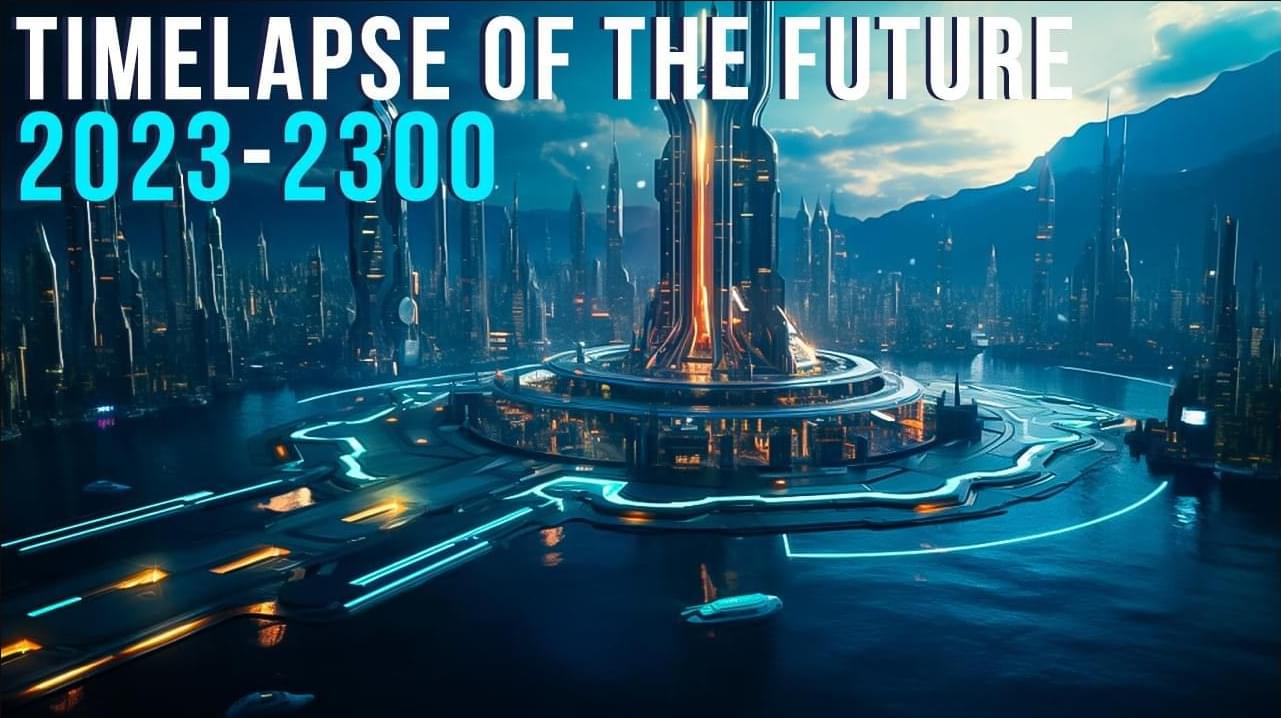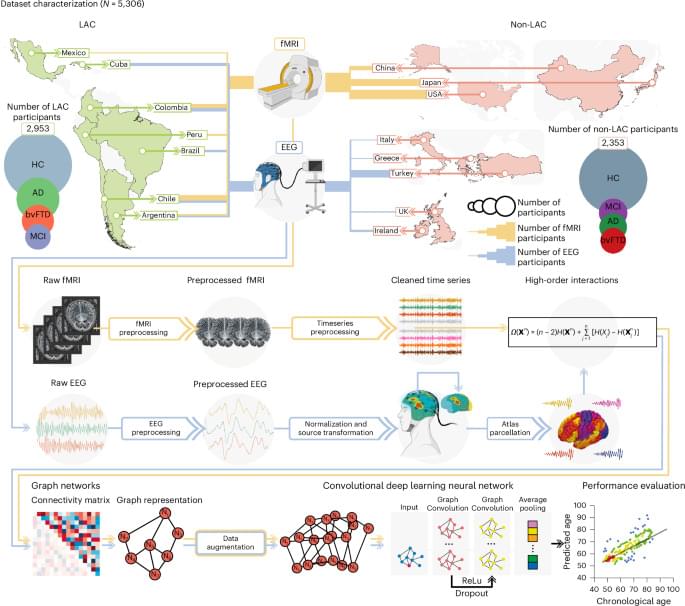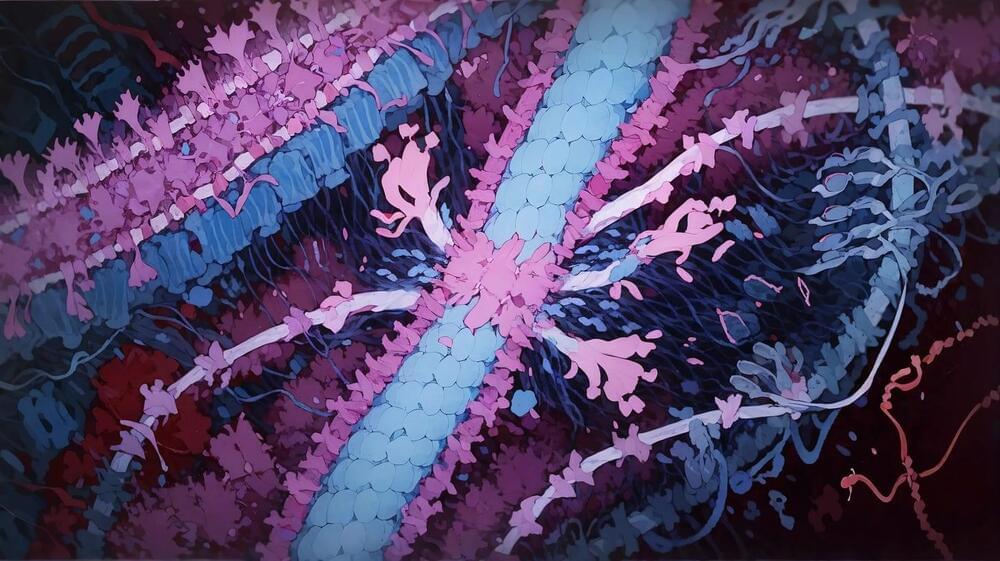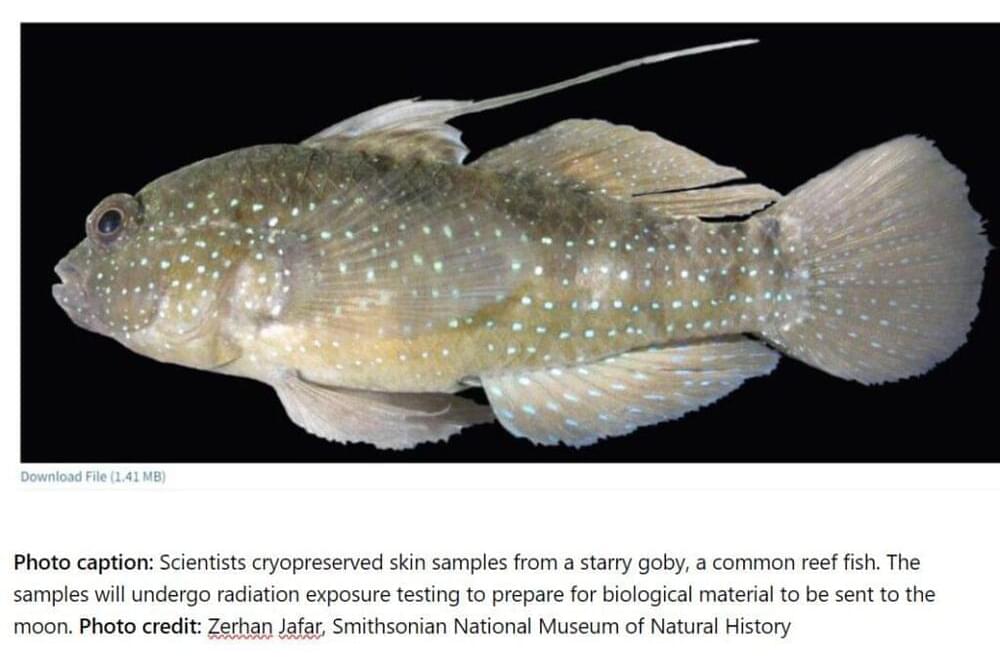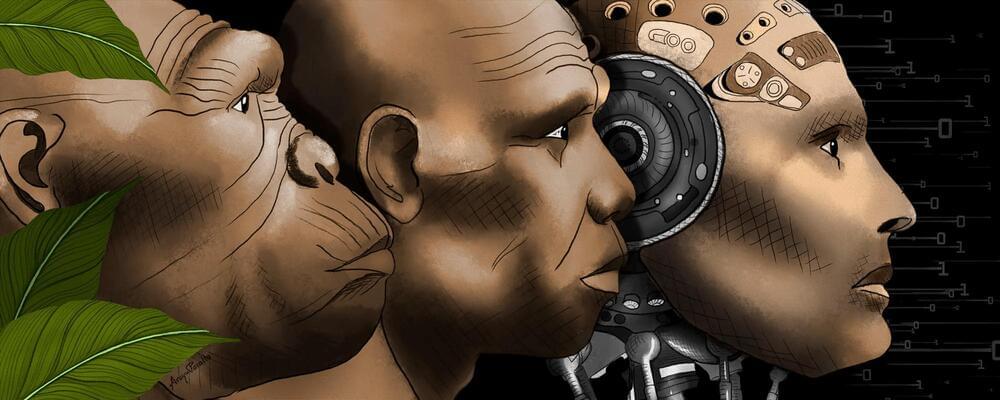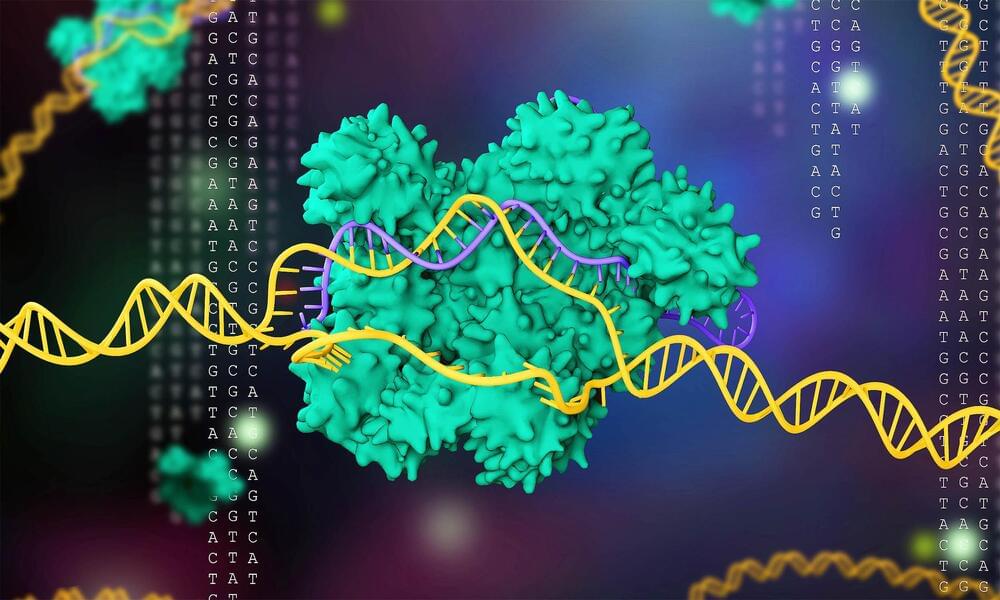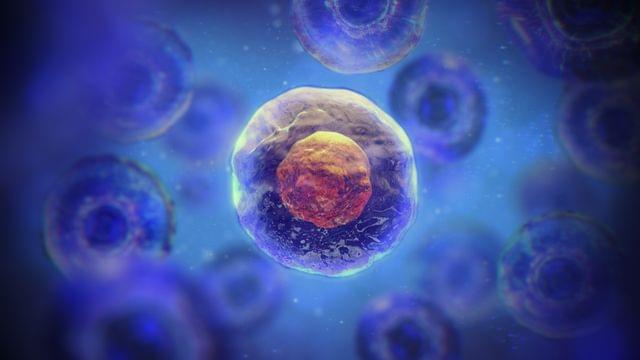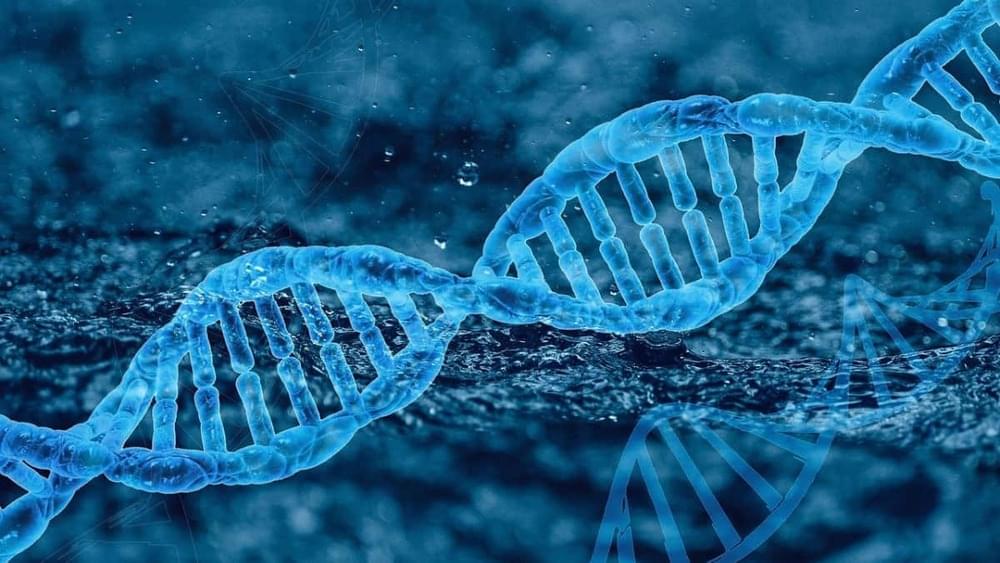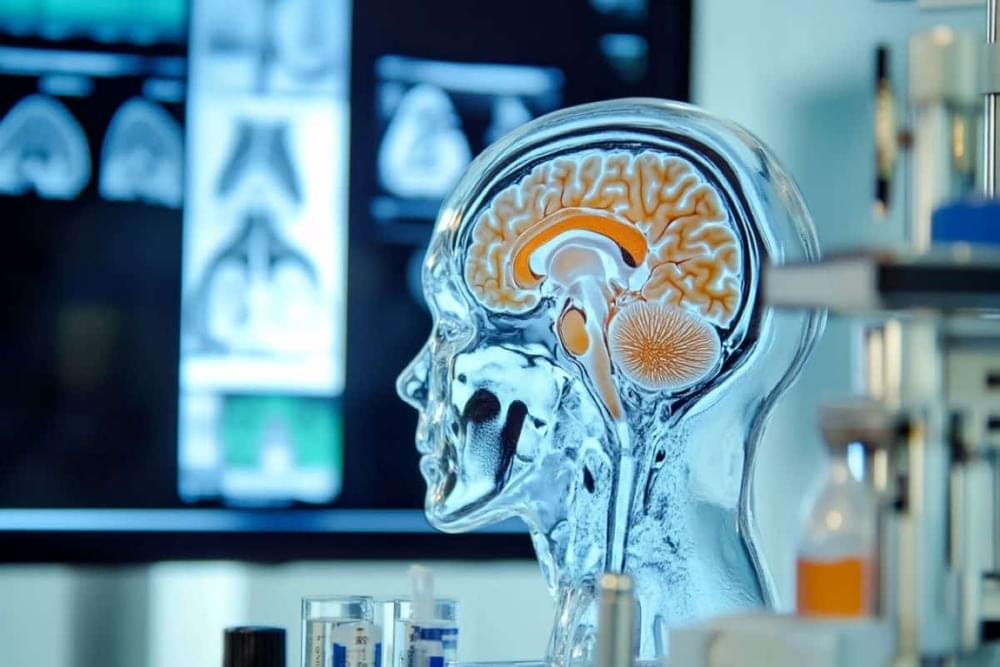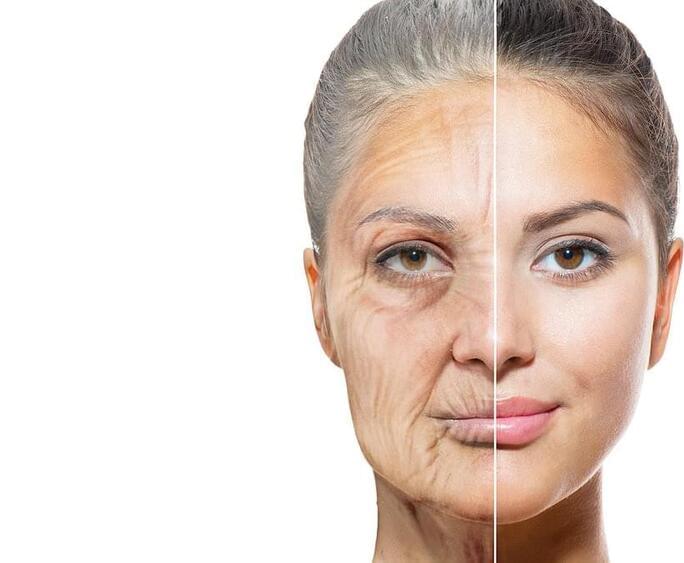Aug 27, 2024
From Today To The Year 3000: Let’s Dive Into The Future!
Posted by Dan Breeden in categories: biotech/medical, climatology, Elon Musk, environmental, life extension, robotics/AI, supercomputing, transhumanism, virtual reality
What does the future hold? What will become of this planet and its inhabitants in the centuries to come?
We are living in a historical period that sometimes feels like the prelude to something truly remarkable or terribly dire about to unfold.
This captivating video seeks to decipher the signs and attempt to construct plausible scenarios from the nearly nothing we hold in our hands today.
As always, it will be scientific discoveries leading the dance of change, while philosophers, writers, politicians, and all the others will have the seemingly trivial task of containing, describing, and guiding.
Before embarking on our journey through time, let me state the obvious: No one knows the future!
Numerous micro and macro factors could alter this trajectory—world wars, pandemics, unimaginable social shifts, or climate disasters.
Nevertheless, we’re setting off. And we’re doing so by discussing the remaining decades of the century we’re experiencing right now.
-
DISCUSSIONS \& SOCIAL MEDIA
Continue reading “From Today To The Year 3000: Let’s Dive Into The Future!” »
